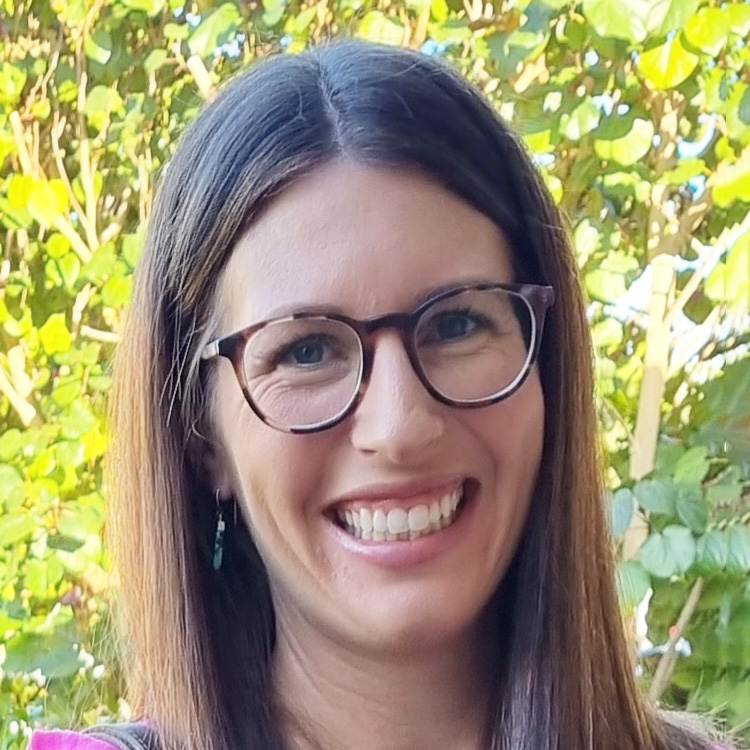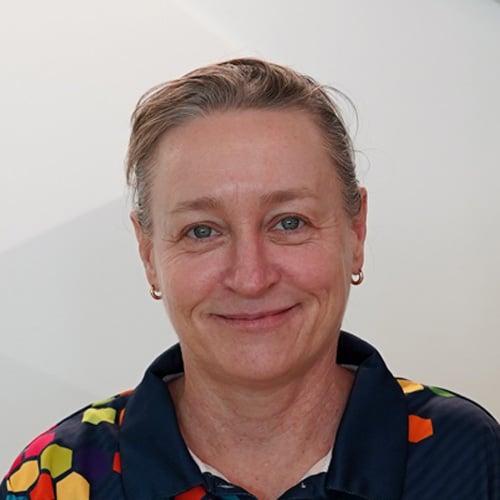Search
Research
Down syndrome studies; the transition from secondary school to adulthood: Experiences and life outcomes for youth with an intellectual disability and their familiesHelen Jenny Keely Leonard Downs Bebbington MBChB MPH BApplSci (physio) MSc PhD MClinPsych/PhD Principal Research Fellow Head, Child Disability
Research
Epidemiology of craniofacial anomalies and association with intellectual disabilities in Western Australia: A population based studyHelen Mohammed Leonard Junaid MBChB MPH BDS, MDS, MFDS RCPS (Glasg.), DDPH RCS (Eng) Principal Research Fellow Honorary Team Member +61 419 956 946
Research
Hospitalisation for oral health-related conditions in children with intellectual disability in Western Australia: a population-based cohort studyHelen Leonard MBChB MPH Principal Research Fellow +61 419 956 946 helen.leonard@thekids.org.au Principal Research Fellow Areas of research expertise
IDEA (Intellectual Disability Exploring Answers) Database
Research
International CDKL5 Disorder DatabaseHelen Jenny Leonard Downs MBChB MPH BApplSci (physio) MSc PhD Principal Research Fellow Head, Child Disability +61 419 956 946 08 6319 1763


Research
Intellectual disability in children conceived using assisted reproductive technologyThe risk of intellectual disability was increased in children born after assisted reproductive technology in Western Australia from 1994 to 2002
Research
Evolving Trends of Gastrostomy Insertion Within a Pediatric PopulationNew gastrostomy insertion among children who require long-term enteral feeding support increased over the study period
Research
Determinants and Outcomes of Preterm Birth & Pathways into Developmental DisordersBrad Carrington Fiona Farrant Shepherd Stanley BSc (Hons), PhD PhD FAA FASSA MSc MD FFPHM FAFPHM FRACP FRANZCOG HonDSc HonDUniv HonFRACGP HonMD
